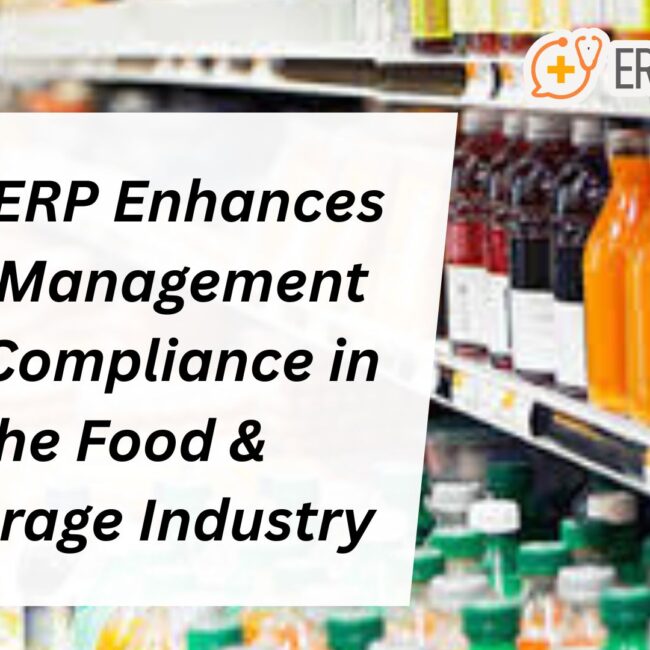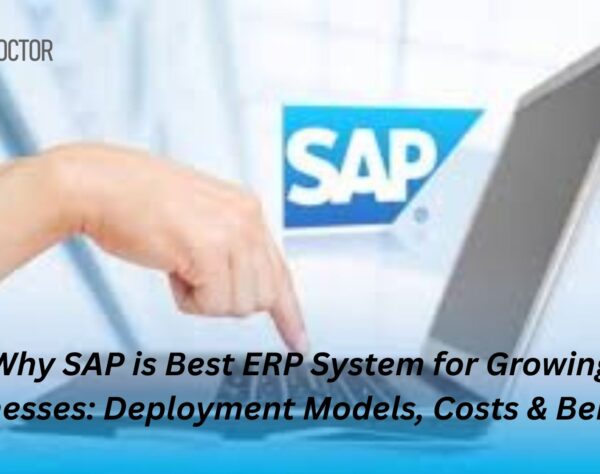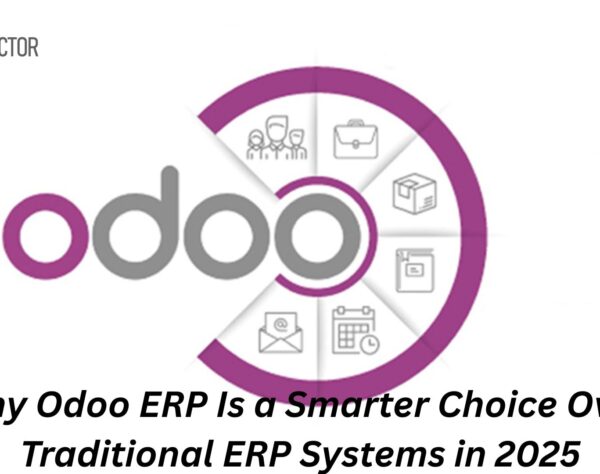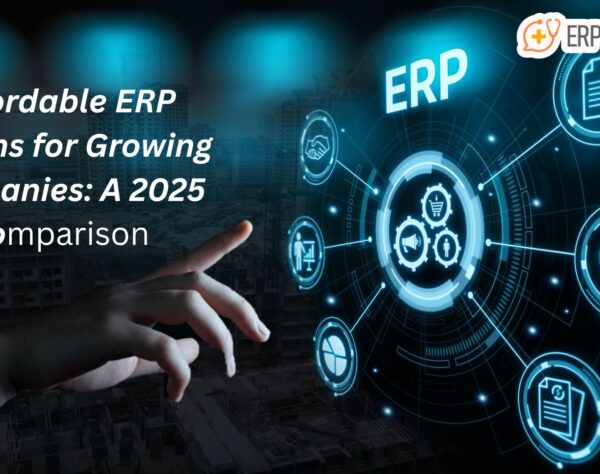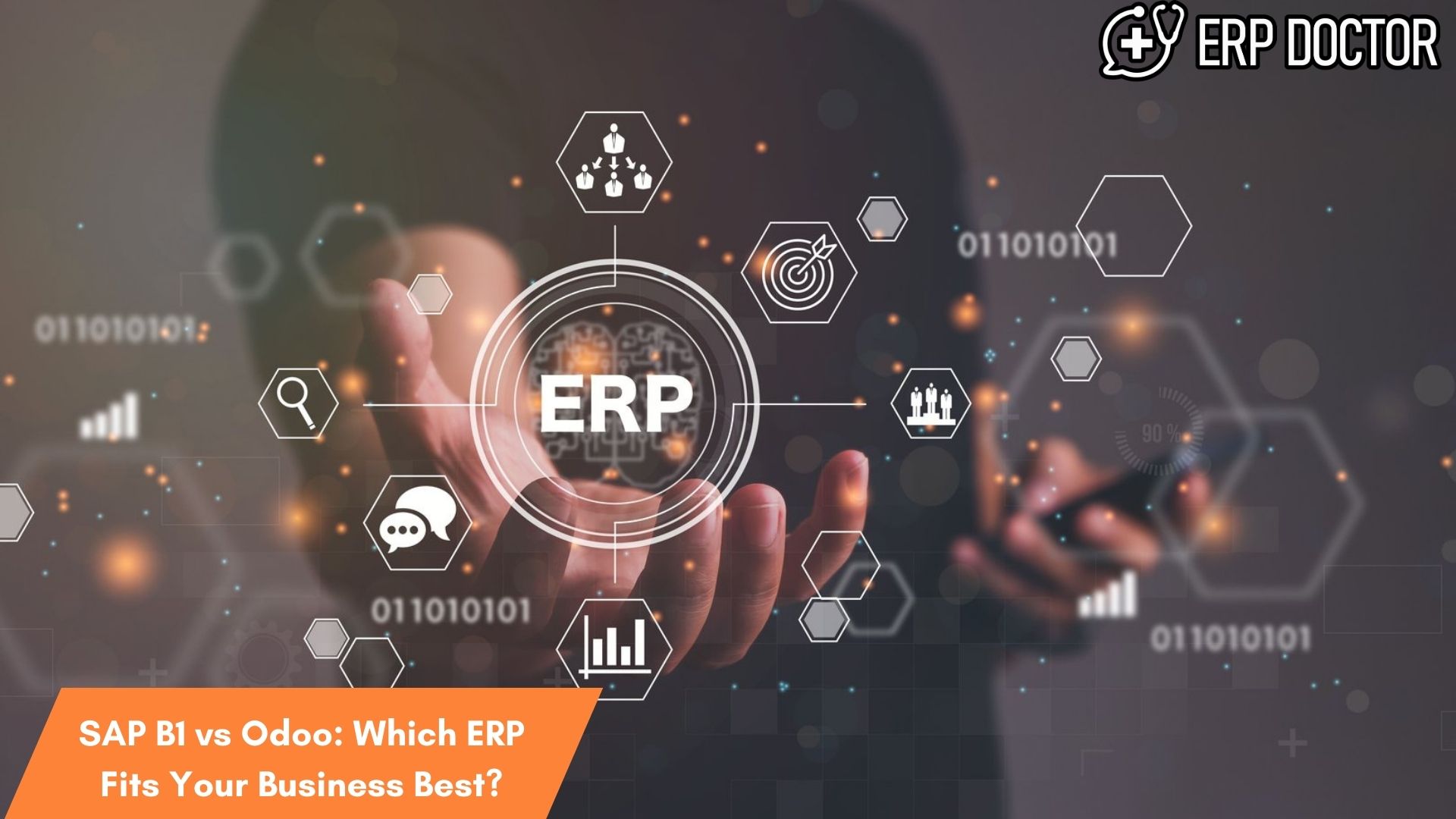
SAP B1 vs Odoo: Which ERP Fits Your Business Best?
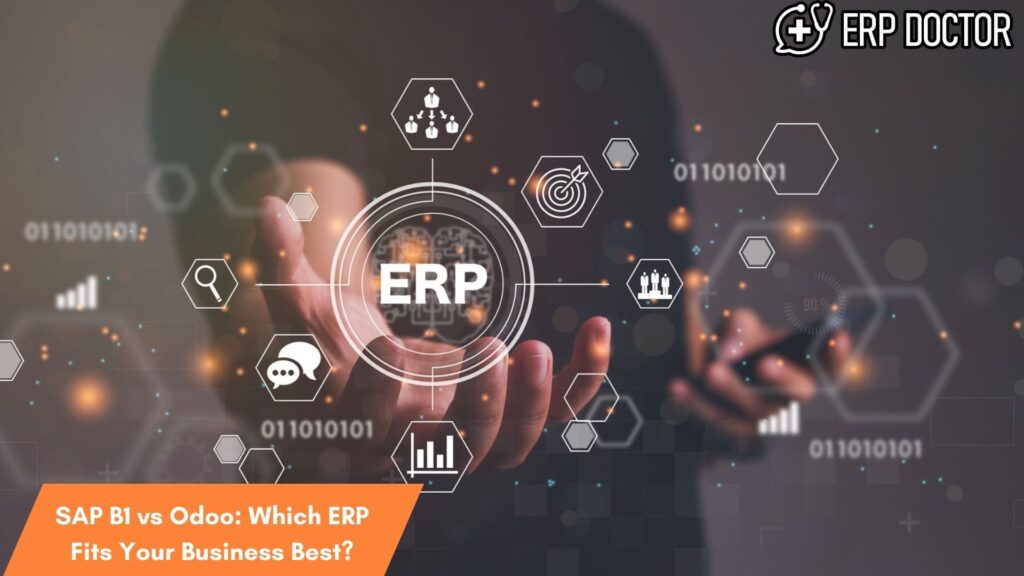
SAP B1 vs Odoo: A Complete Guide to Choosing the Right ERP for Your Business
When it comes to selecting an ERP system that aligns with your business goals, two leading solutions often come to mind: SAP Business One (SAP B1) and Odoo. Both platforms offer powerful capabilities, but they cater to different business needs and industries. Whether you’re a growing SME, a large enterprise, or a company looking for industry-specific functionalities, choosing between SAP B1 and Odoo can be a challenging decision.
This in-depth comparison explores the key features, advantages, and ideal use cases for SAP B1 and Odoo, helping you determine which ERP fits your business best.
Why ERP Matters for Business Growth
In a competitive business environment, efficiency, scalability, and real-time data insights are critical. Implementing the right ERP system can streamline processes, improve decision-making, and enhance customer satisfaction. SAP B1 and Odoo are two leading ERP solutions that offer a range of features, but understanding their differences is essential to selecting the right one for your business.
Key Features Comparison: SAP B1 vs Odoo
1. Deployment Options
SAP B1:
- Available as both on-premise and cloud-based solutions.
- Suitable for businesses preferring greater control over data and infrastructure.
Odoo:
- Offers cloud-based, on-premise, and hybrid deployment models.
- Highly flexible, making it an excellent choice for businesses seeking scalable solutions.
2. Scalability and Flexibility
SAP B1:
- Designed for small and medium-sized enterprises (SMEs) but scalable to handle larger operations.
- Industry-specific add-ons and integrations ensure adaptability to growing business needs.
Odoo:
- Highly modular and customizable, making it ideal for businesses of all sizes.
- Offers over 10,000 apps and modules to fit diverse industry requirements.
3. Customization and Extensibility
SAP B1:
- Limited customization options compared to Odoo.
- Offers industry-specific functionalities but requires third-party integrations for advanced customization.
Odoo:
- Open-source architecture allows extensive customization.
- Developers can modify the source code to tailor the ERP system to meet unique business processes.
4. User Interface and Usability
SAP B1:
- Intuitive but slightly complex interface, requiring initial training.
- Suitable for organizations that prefer a structured workflow.
Odoo:
- Modern and user-friendly interface with a drag-and-drop feature.
- Minimal learning curve, making it easier for employees to adapt quickly.
5. Pricing and Total Cost of Ownership
SAP B1:
- Higher initial investment and maintenance costs.
- Best suited for businesses willing to invest in a robust, long-term ERP system.
Odoo:
- Flexible pricing plans with a lower cost of entry.
- Open-source version available for smaller businesses on a budget.
Advantages of SAP B1 and Odoo
SAP B1 Advantages
- End-to-End Business Management: Integrates finance, sales, inventory, and operations seamlessly.
- Robust Analytics and Reporting: Provides real-time insights to optimize decision-making.
- Strong Ecosystem and Support: Backed by SAP’s global partner network, ensuring reliable support and updates.
- Industry-Specific Modules: Tailored solutions for manufacturing, retail, and distribution industries.
Odoo Advantages
- Modular Structure: Choose from over 10,000 apps to customize and scale according to business needs.
- High Flexibility: Open-source architecture enables advanced customization and third-party integrations.
- Low Total Cost of Ownership: Affordable pricing models make it accessible to startups and SMEs.
- User-Friendly Interface: Modern, intuitive, and easy to use, reducing training time.
Ideal Use Cases: When to Choose SAP B1 or Odoo
When to Choose SAP B1
- Established SMEs looking for a structured, end-to-end ERP system.
- Businesses that need industry-specific solutions and reliable support.
- Organizations that prefer an on-premise deployment for better data control.
When to Choose Odoo
- Growing companies that need a modular and highly customizable ERP.
- Businesses seeking cost-effective solutions with the flexibility to scale.
- Startups that require an open-source platform with extensive app options.
SAP B1 vs Odoo: Pros and Cons
SAP B1 Pros and Cons
Pros:
- Strong financial management tools
- Reliable partner network for support
- Comprehensive industry-specific features
Cons:
- Higher implementation costs
- Limited flexibility in customization
- Steeper learning curve for new users
Odoo Pros and Cons
Pros:
- Flexible and scalable solution
- Affordable for startups and SMEs
- Highly customizable and modular
Cons:
- Requires skilled developers for advanced customization
- May lack support compared to SAP’s global ecosystem
- Open-source version may need additional security measures
Final Verdict: Which ERP Fits Your Business Best?
SAP B1 is the perfect choice for businesses that prefer a structured, all-in-one ERP system with industry-specific features and reliable support. On the other hand, Odoo offers greater flexibility, modularity, and lower costs, making it ideal for businesses looking for extensive customization and scalability.
Choosing between SAP B1 and Odoo depends on your business size, budget, and long-term growth objectives. Carefully assess your business requirements and future goals to select the ERP solution that will drive operational excellence and business success.
FAQs
1. How does SAP B1 differ from Odoo in terms of customization?
SAP B1 offers limited customization options, while Odoo’s open-source architecture allows extensive modifications.
2. Which ERP is more affordable for startups—SAP B1 or Odoo?
Odoo offers a lower cost of entry, making it more affordable for startups, while SAP B1 requires higher initial investment.
3. Can SAP B1 and Odoo be integrated with third-party applications?
Yes, both SAP B1 and Odoo support third-party integrations, but Odoo provides more flexibility in this area.
4. Which ERP is easier to learn and use—SAP B1 or Odoo?
Odoo has a more user-friendly interface, whereas SAP B1 has a steeper learning curve that may require training.
5. Does Odoo offer industry-specific modules like SAP B1?
Odoo’s modular structure includes various industry-specific apps, while SAP B1 offers built-in industry-specific functionalities.
6. Can SAP B1 or Odoo handle large-scale enterprise operations?
SAP B1 is better suited for large-scale enterprise operations, while Odoo’s modularity supports scaling but may require custom development.
7. Which ERP offers better support—SAP B1 or Odoo?
SAP B1’s global partner network ensures better support, whereas Odoo relies on community-based support for its open-source version.
8. How do SAP B1 and Odoo compare in terms of security?
SAP B1 offers enterprise-grade security, while Odoo’s open-source version may require additional security measures.
9. Is SAP B1 or Odoo better for managing supply chain operations?
Both ERPs offer supply chain management features, but SAP B1 excels in structured environments, while Odoo is ideal for dynamic, growing businesses.
10. Can I migrate from Odoo to SAP B1 or vice versa?
Yes, migration between SAP B1 and Odoo is possible but requires careful data mapping and expertise.


